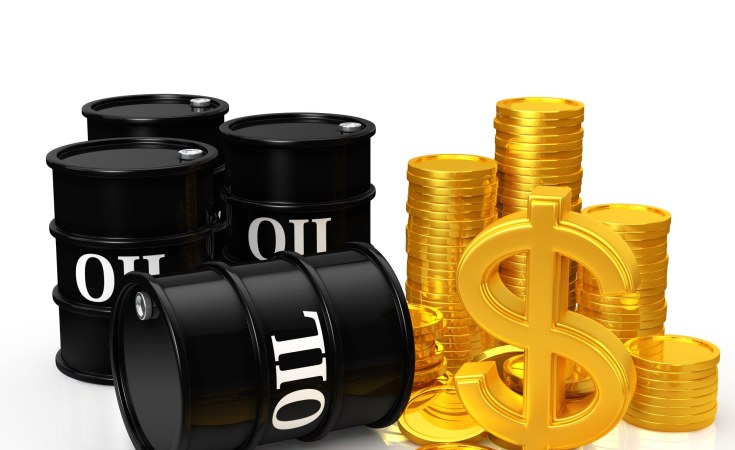The Nigerian oil-rich poverty
History has demonstrated that democracy is a fount of political stability, social justice, rule of law, principled distribution of wealth, and overall societal progress. It has improved the standards of political morality, elevated societal ethics and refined the value system in many countries of the world. Lamentably, in Nigeria, democracy has not been attended with […]

History has demonstrated that democracy is a fount of political stability, social justice, rule of law, principled distribution of wealth, and overall societal progress. It has improved the standards of political morality, elevated societal ethics and refined the value system in many countries of the world. Lamentably, in Nigeria, democracy has not been attended with any of these laudable outcomes. It has been fraught with social injustice, lawlessness, inequity, poverty, repression of free speech, and most disturbingly, insecurity and the demeaning of human lives.
Most Nigerians are not politically demanding; our concerns are limited to the mundane and pedestrian. We long for the basic essentials of life: jobs, food on the table, education for children, electricity, water, security from criminal predators, and protection from the inhumanities of governing officials and agents of government. Unfortunately, after more than twenty years of democracy, our basic expectations of democracy continue to elude us.
In their hypocrisy, our rulers posture as democrats and sentinels of the public good, but are, in essence, tyrannical and voracious feudal lords. A former US Secretary of State, Warren Christopher, once called Nigeria “the poorest oil-rich nation in the world”. It was an appropriate characterization of Nigeria because despite her oil wealth, she ranks with the poorest and war-torn countries of the world in life expectancy, child mortality, and other social indexes.
Life is a cruel grind for countless Nigerians; so many are consumed by the drudgery of daily existence. Many families can barely eat one square meal a day. Many survive as scavengers, rummaging through trash dumps for edibles, reusable items, and sellable scraps; and as street hawkers, thronging the streets hoping to eke out a living by selling water, soft drinks, fruits, etc to motorists and pedestrians.
Many Nigerians, even in urban areas, do not have access to safe water. Many, especially, in urban areas, are homeless: living in open air and under the bridges. Some of the supposedly lucky ones that can afford housing inhabit decrepit and dilapidated houses.
While we generally train our focus and criticisms on the federal government, the state governors are just as corrupt. Without financial independence, state legislatures lack the independence and intrepidity of a serious parliament; they are rubber-stamp parliaments.
It has been written that, “Money is like muck, not good unless it is spread”. As such, “the best antidote for political upheaval is equitable distribution of wealth”. A corollary, the most potent trigger of political turmoil is an inequitable distribution of wealth. The social injustice and income disparity in Nigeria will inevitably lead to political turmoil. In our present political passivity and docility, we seem to have forgotten that we have, in the past, risen up, in protest, against exploitative and oppressive powers. Long ago, we successfully rallied against colonial power and wrest the country from its grip. More recently, we rose up in protest against the repudiation of the collective will of the people – the annulment of the June 12 election – by gun-toting generals.
Nigerians need to break the vicious grip of our evil rulers, and bring to an end their looting and tearing down the country and the deliberate impoverishment of the Nigerian masses. To do these, we must unite in an agitation against the iniquitous cabal that rules this country. It is collective, courageous, sustained, and strategically directed agitation that will break its ruthless grip on the country and force it to reform its ways.
The killing of peaceful, flag-waving, national anthem-singing protesters was to intimidate Nigerians into passivity. However, Nigerians must muster the guts and gumption to start another more elaborate, better organized and protracted protest against this government. After all, has the cudgel of the International Criminal Court (ICC) not fallen on many dictators that wantonly murdered the innocent? Secondly, has history not demonstrated that those that wanted to maintain their power, with guns and bayonets in defiance of the legitimate aspirations of the people have always kissed the dust?
Tochukwu Ezukanma writes from Lagos, Nigeria
